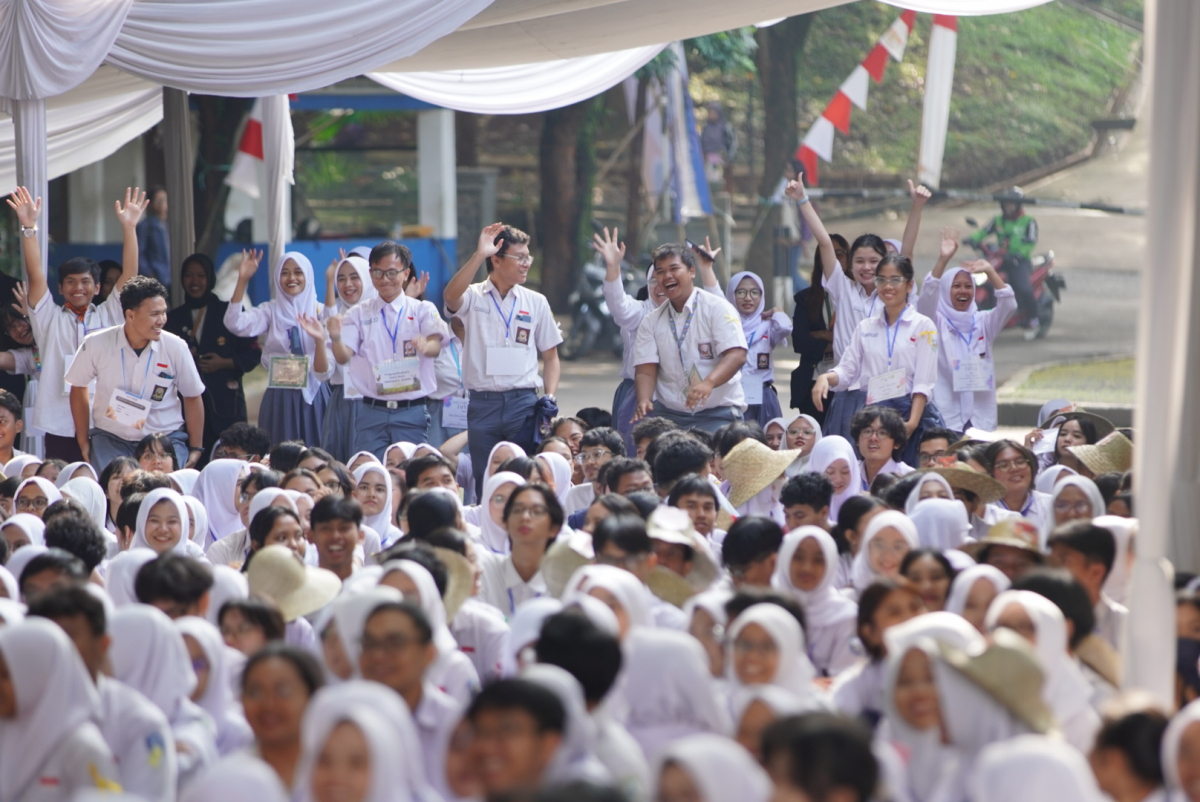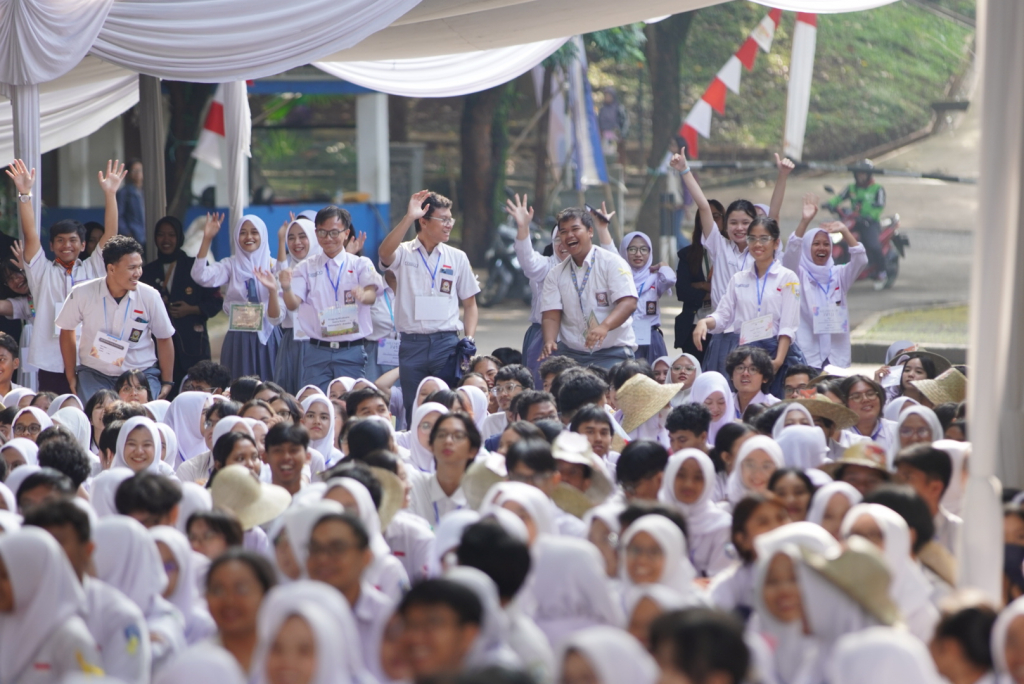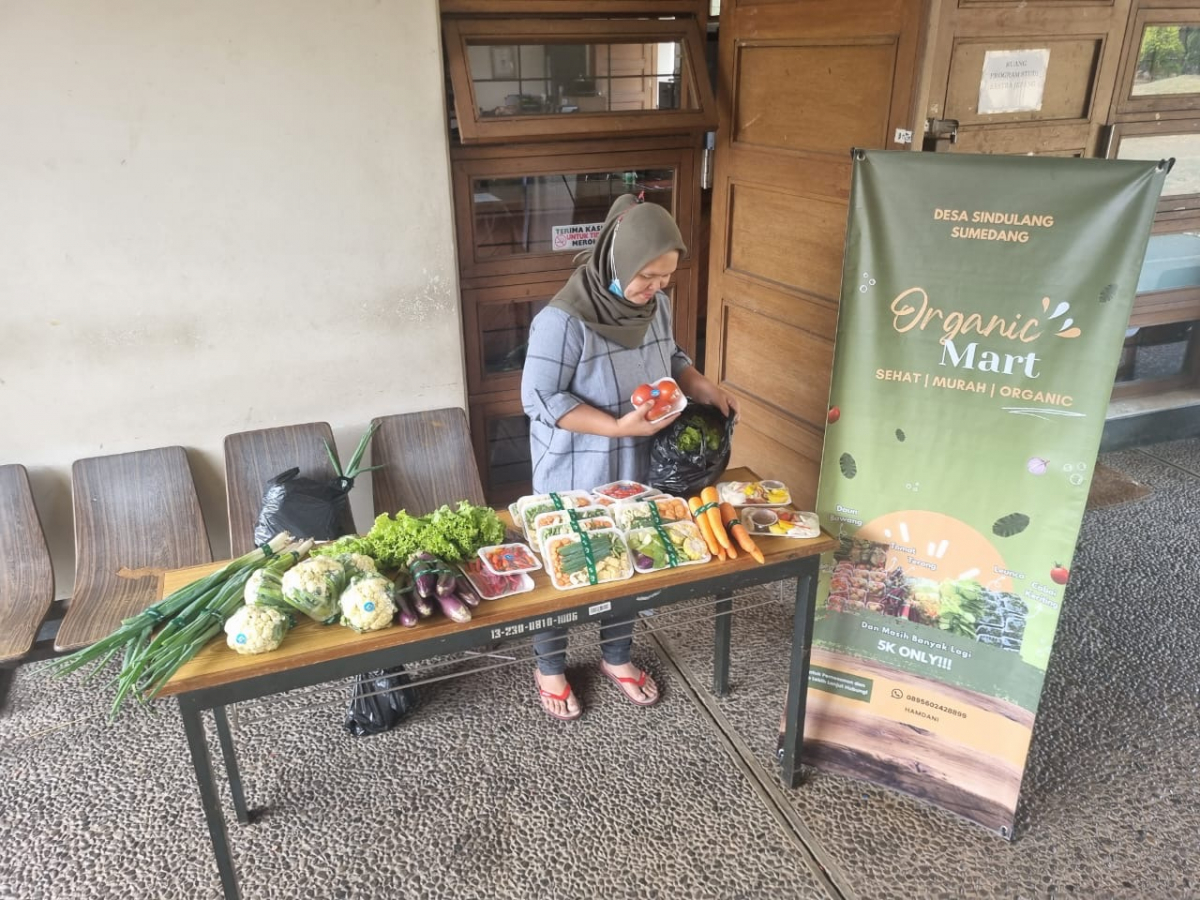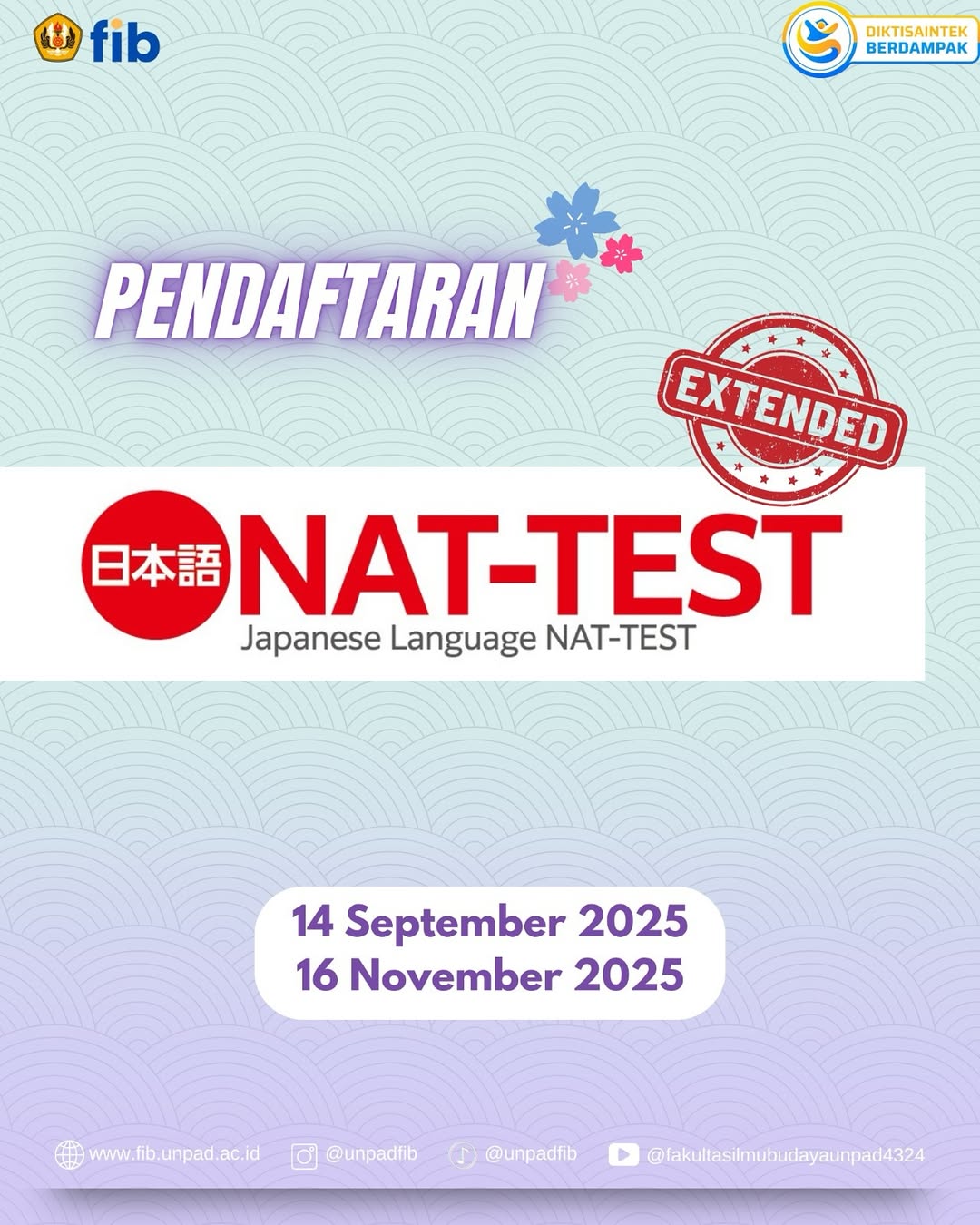
In 2025, 528 FIB Unpad Students Receive Non-KIP-K Educational Assistance Funds
BANDUNG – The Faculty of Cultural Studies at Universitas Padjadjaran (FIB Unpad) continues to strengthen its commitment to supporting students’ academic continuity through various funding assistance programs. In 2025, a total of 528 students successfully received educational assistance funds from sources other than KIP-K, coming from corporate partners, local governments, foundations, and internal campus programs.
According to data from the FIB Unpad Academic and Student Affairs Office, out of a total of 3,923 active students at the faculty, recipients of non-KIP-K assistance account for 13.5% of the total student population. This figure becomes even more significant when combined with KIP-K recipients from the 2025 cohort, numbering 74 students, bringing the total number of students receiving assistance to 602, or 15.3% of all active students.
The diversity of funding sources is a hallmark of FIB Unpad’s financial support programs. Non-KIP-K assistance comes from more than 15 types of scholarships and funding programs, including:
- Corporate & Foundation Sector: Bank Indonesia Scholarship, BCA Bakti, Star Energy Scholarship, Van Deventer Scholarship, KSE Foundation Scholarship, YBM BRILiaN Scholarship, YBM PLN Scholarship.
- Local Government: Jakarta Provincial Government KJMU Program Scholarship, West Java Provincial Government Scholarship, Bogor Regency Scholarship.
- Zakat & Philanthropy Institutions: Baznas, Zakat Scholarship – UPZ Unpad.
- Internal Unpad Programs: Educational Assistance – Final Project (BBP-TA), Financially Disadvantaged Scholarship – UKT Waiver, Financially Disadvantaged Scholarship – UKT Reduction.
In addition to undergraduate programs (S1), financial assistance is also available for postgraduate students (S2/S3) through programs such as BPI Kemendikbudristek, PDDI Scholarship, West Java Provincial Government Scholarship, and PMDSU Scholarship.
The faculty actively manages scholarship information through the Academic and Student Affairs Office, ensuring that all students have equal access to apply for the available assistance programs.
With this diverse financial support, it is hoped that students’ economic burdens can be reduced, allowing them to focus more on academic achievement, skill development, and timely completion of their studies. FIB Unpad is committed to continuously expanding partnership networks and increasing the number of beneficiaries from various educational assistance programs.
Red. Gilang Januarsyah




